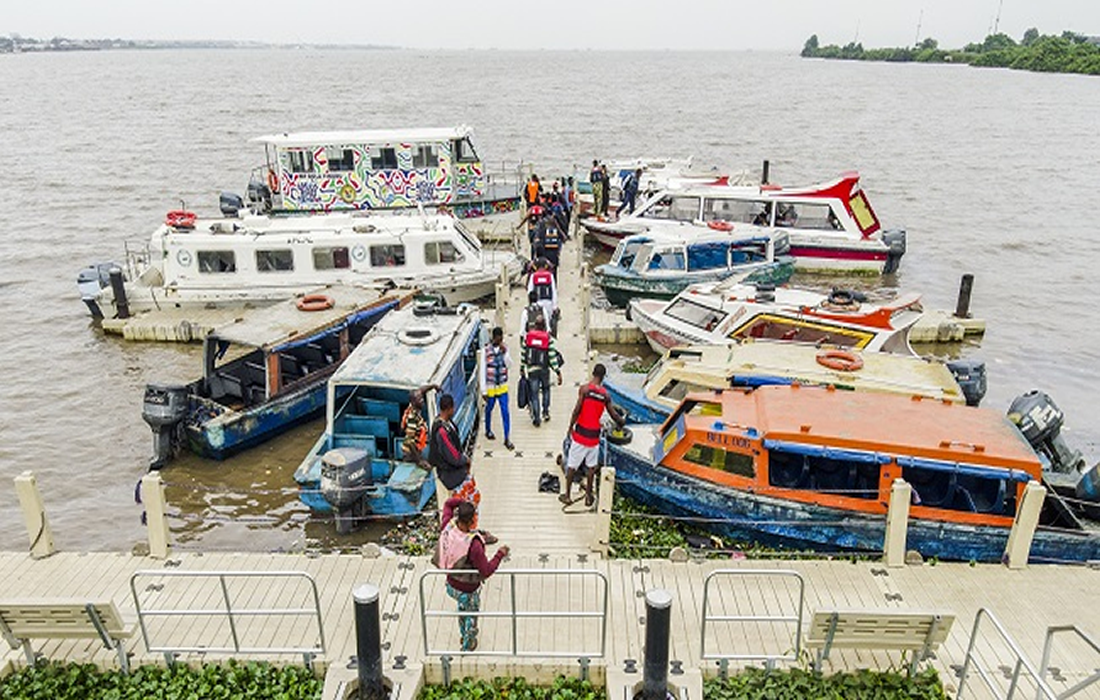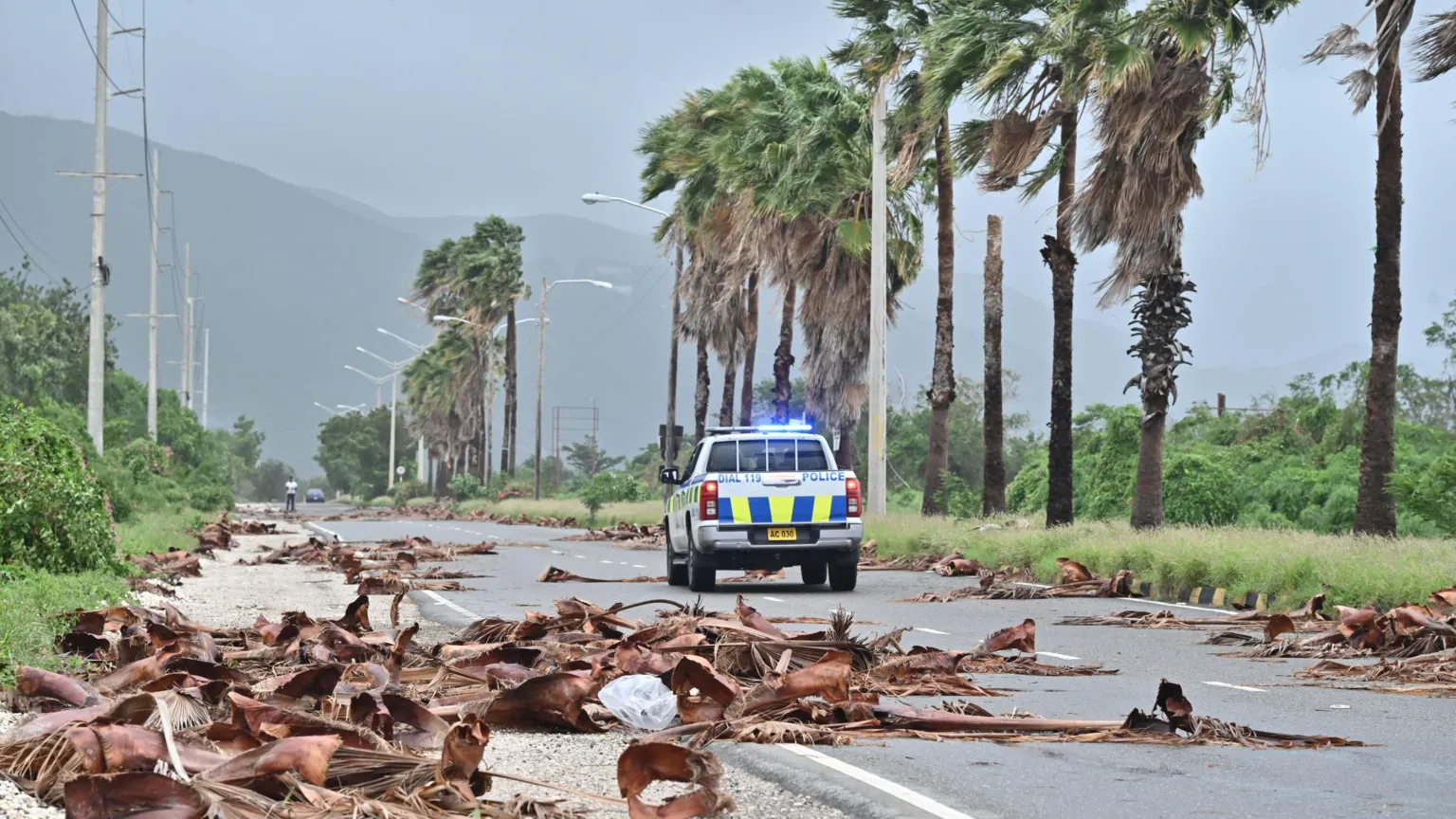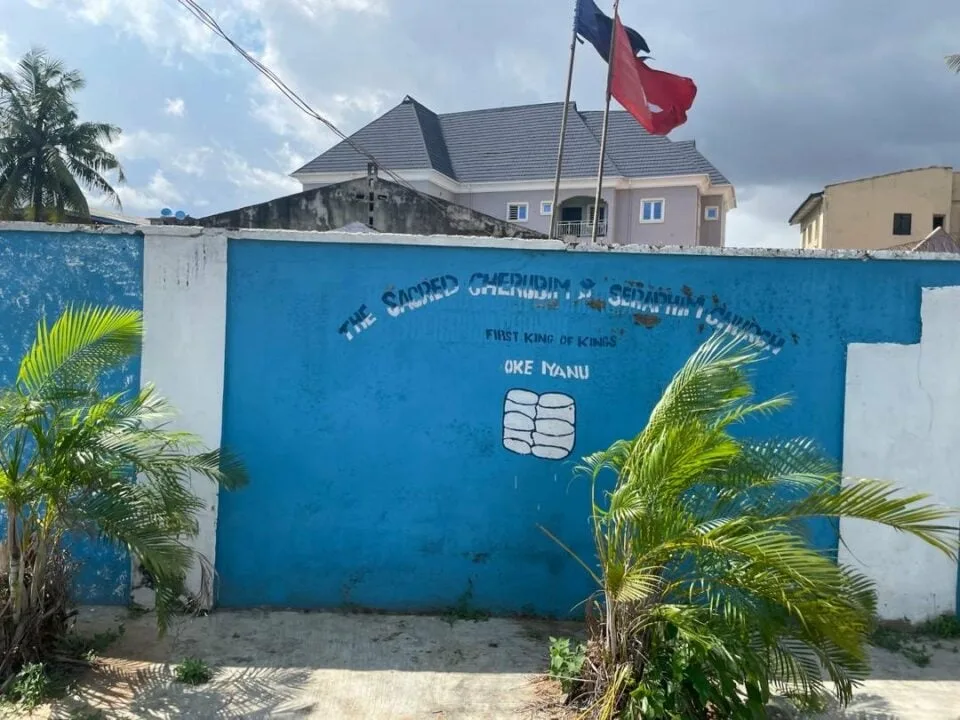Lagos Turns to Waterways for Green Transport Solution
Lagos, a bustling metropolis of over 20 million residents, is taking bold steps to address its chronic traffic congestion by turning to an eco-friendly solution: waterway transport. As the city grapples with clogged roads and a growing population, authorities are looking to its vast network of waterways as a sustainable alternative for moving people across the megacity.
Under ambitious plans, Lagos aims to massively expand its waterway transport system, significantly increasing the number of passengers traveling by boat. The Lagos State Waterways Authority (LASWA) has announced initiatives to develop and modernize existing jetties, improve boat services, and ensure the safety and efficiency of the water transport network. These efforts align with the city’s broader goal of creating a cleaner, more sustainable transportation system.
Expanding Waterway Infrastructure
The state government is actively investing in infrastructure to make the waterways a viable transportation option for daily commuters. With over 200 kilometers of navigable waterways, Lagos has the potential to reduce road traffic by diverting a significant portion of its population to the water. Currently, boat services transport tens of thousands of commuters daily, but officials plan to increase this number dramatically by modernizing ferry services, adding new routes, and expanding the capacity of terminals.
Plans are underway to build additional jetties and deploy more ferries, which will be powered by eco-friendly engines to minimize environmental impact. The government is also partnering with private companies to encourage investment in the sector and improve services, ensuring that water transport is both affordable and reliable for residents.
Green Transport Solution
Waterway transport presents a greener alternative to the city’s current reliance on road networks, which are often congested with vehicles contributing to air pollution. By shifting a portion of Lagos’s commuters to the waterways, the city can significantly reduce carbon emissions, cut travel times, and provide a smoother, more enjoyable commute.
LASWA Managing Director Damilola Emmanuel stated, “Water transport has the potential to transform Lagos into a greener and more livable city. Our goal is to reduce road traffic and encourage more people to embrace waterway transportation as part of our integrated transport system.”
The Lagos state government also plans to integrate water transport with other modes of public transport, such as the expanding bus rapid transit (BRT) system and upcoming rail lines. This multimodal approach is designed to offer commuters seamless connectivity across the city, making water transport a key pillar of Lagos’s future mobility strategy.
Addressing Challenges
While the potential for waterway transport in Lagos is immense, challenges remain. Safety and regulation are top priorities, as the city looks to avoid accidents and ensure that boats adhere to strict safety standards. To address these concerns, the government is working with maritime agencies to enhance regulation and oversight, ensuring all vessels meet safety requirements and are equipped with life-saving equipment.
Another challenge is educating the public on the benefits of water transport and overcoming the perception that it is a slower or less reliable option compared to road travel. However, with increasing investment, improved services, and the government’s commitment to cleaner transport solutions, more Lagosians are expected to embrace waterway travel.
A Vision for the Future
As Lagos continues to expand, the need for innovative transport solutions becomes more urgent. Waterway transport offers an opportunity to alleviate the pressure on the city’s congested roads while promoting a greener, more sustainable future. With continued investment and public support, the waterways could become a central feature of Lagos’s transport system, providing millions of residents with an efficient, eco-friendly alternative to road travel.
Lagos is poised to lead the way in green urban transport in Nigeria, setting a model for other cities grappling with the challenges of rapid urbanization and climate change. By turning to its waterways, the city is charting a course toward a more connected, sustainable future.





